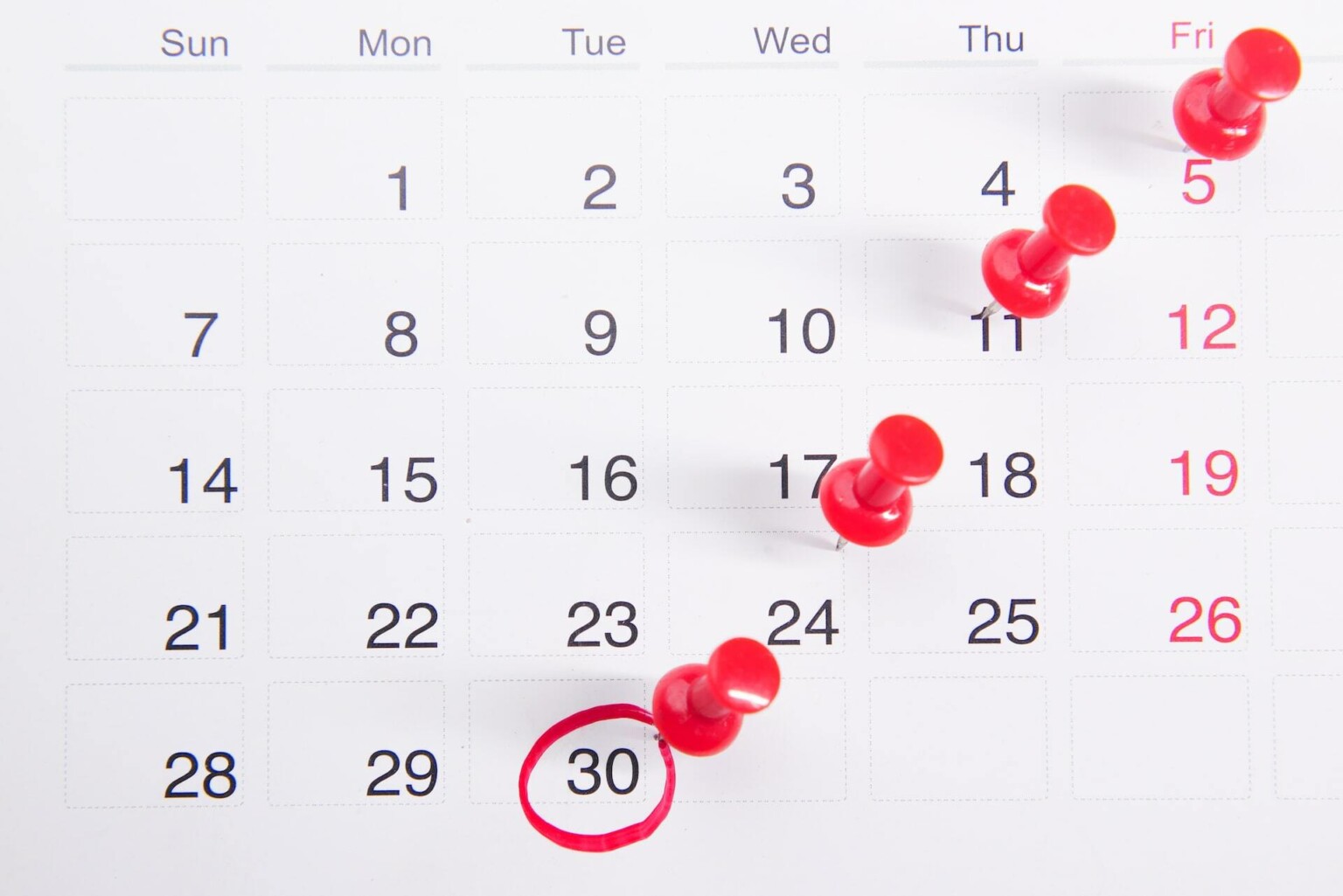Let's face it, folks. Spelling "Wednesday" can trip up even the most confident writers. It’s one of those words that just doesn’t play by the rules. But don’t sweat it! In this article, we’re diving deep into how do you spell Wednesday, its quirky history, and some fun tips to help you nail it every time. Stick around, because this ain’t just about spelling—it’s about understanding why this word is such a head-scratcher.
Think about it. How many times have you paused mid-sentence, staring at your screen like, "Wait… is there an E before the D? Or does it end with an AY?" Yeah, we’ve all been there. But fear not, because by the time you finish reading this, you’ll be spelling Wednesday like a pro. No more second-guessing yourself or relying on spell-check (well, maybe just a little).
And hey, while we’re at it, let’s explore why this word is so darn tricky. Spoiler alert: it’s not entirely your fault. The English language loves throwing curveballs, and Wednesday is just one of its favorite tricks. So buckle up, grab a snack, and let’s get into the nitty-gritty of how do you spell Wednesday—and why it matters.
Read also:Siblings Or Dating Exploring The Complexities Of Romantic Relationships Between Siblings
Table of Contents
- The History Behind the Word "Wednesday"
- Common Mistakes When Spelling Wednesday
- Tips to Spell Wednesday Correctly
- Fun Facts About Wednesday
- Myths About Spelling Wednesday
- Pronunciation vs. Spelling
- Tips for Kids to Learn Wednesday
- How Wednesday is Spelled in Other Languages
- Why Knowing How to Spell Wednesday is Important
- Conclusion: You Got This!
The History Behind the Word "Wednesday"
Alright, let’s rewind a bit and talk about where this word even came from. Wednesday isn’t just a random collection of letters—it’s steeped in history. The name "Wednesday" originates from Old English, where it was called "Wōdnesdæg," named after Wōden, the Anglo-Saxon version of the Norse god Odin. Cool, right? So basically, every time you spell Wednesday, you’re paying homage to an ancient deity. Not bad for a midweek day.
But here’s the kicker: the spelling has evolved over time. Back in the day, it wasn’t always "Wednesday." It went through phases like "Wodnesdaeg" and "Wednesdei" before settling into the version we know today. And you thought modern spelling was complicated—imagine trying to keep up with all those changes!
Why Is It So Hard to Spell?
Let’s be real. Part of what makes Wednesday so tricky is that it doesn’t follow the usual phonetic rules. You’d think it would be spelled something like "Wensday," right? But nope. That pesky "D" sneaks in there, and then there’s the silent "N" in the middle. It’s like the word is playing hide-and-seek with your brain.
And don’t even get me started on the pronunciation. Most people say "Wens-day," which doesn’t exactly match the spelling. This disconnect between how we say and write the word adds another layer of confusion. But hey, that’s English for ya—always keeping us on our toes.
Common Mistakes When Spelling Wednesday
Now that we’ve got some context, let’s tackle the big question: what are the most common mistakes people make when spelling Wednesday? Buckle up, because this list might hit close to home.
- Forgetting the "D": A lot of folks drop the "D" altogether and go straight for "Wensday." Makes sense if you’re basing it off the pronunciation, but alas, that’s not correct.
- Adding an extra "E": Some people throw in an extra "E" and end up with "Wenesday." Again, it sounds right, but it’s not.
- Switching the "N" and "D": This one’s a classic. People accidentally flip the letters and end up with "Wednesay." Close, but no cigar.
- Spelling it phonetically: As tempting as it is to go with "Wensday," resist the urge. Stick to the official spelling, no matter how weird it looks.
See? It’s easy to mess up when the word seems to defy logic. But don’t worry—we’ve got some tricks to help you avoid these pitfalls.
Read also:Unfaithful Husband Punished Storyteller Tales Of Betrayal And Redemption
Tips to Spell Wednesday Correctly
Ready to level up your Wednesday game? Here are some foolproof tips to ensure you never misspell it again.
1. Break It Down
One of the best ways to master a tricky word is to break it into smaller parts. Think of "Wednesday" as "Wed-nes-day." Focus on each syllable separately, and it’ll be easier to remember the correct order.
2. Practice Makes Perfect
Like any skill, spelling takes practice. Write "Wednesday" a few times a day until it becomes second nature. You can even turn it into a game—challenge yourself to spell it without looking!
3. Use Mnemonics
Mnemonics are memory aids that can help you remember tricky words. For Wednesday, try this one: "We Eat Donuts Near Every Sandwich Day." Sure, it’s a mouthful, but it works!
And if mnemonics aren’t your thing, that’s okay too. Just find a method that resonates with you and stick with it.
Fun Facts About Wednesday
Who knew there was so much to learn about Wednesday? Here are a few fun facts to impress your friends:
- Wednesday is often considered the middle child of the week, sandwiched between Tuesday and Thursday. Poor Wednesday never gets enough love!
- In some cultures, Wednesday is associated with Mercury, the Roman god of communication and travel. Makes sense, right?
- There’s even a holiday dedicated to Wednesday—National Hugging Day falls on the second Wednesday of January. So go ahead, give someone a hug!
See? Wednesday isn’t all bad. In fact, it’s kind of awesome once you get to know it.
Myths About Spelling Wednesday
There are a lot of misconceptions out there about spelling Wednesday. Let’s debunk a few of them.
Myth #1: It’s Impossible to Spell
Not true! Sure, it’s tricky, but with a little practice, anyone can spell Wednesday correctly. Stop using that excuse!
Myth #2: Only Smart People Can Spell It
This one’s a big fat lie. Intelligence has nothing to do with it. Spelling is a skill that anyone can develop with effort and practice. So don’t sell yourself short!
Myth #3: Spell-Check Fixes Everything
If only that were true. While spell-check is a great tool, it’s not foolproof. It can catch obvious mistakes, but it won’t save you from misplacing that pesky "D" or "N." Always double-check your work.
Pronunciation vs. Spelling
Let’s talk about the elephant in the room: the pronunciation of Wednesday. Most people say "Wens-day," which is a far cry from the actual spelling. So why the discrepancy?
Blame it on the evolution of language. Over time, words often get simplified in speech, even if their spelling stays the same. This phenomenon is called "lazy speech," and it’s why we say "Wens-day" instead of "Wed-nes-day." But don’t worry—nobody’s judging you for pronouncing it differently. Just make sure you spell it right when you write it down!
Tips for Kids to Learn Wednesday
Teaching kids to spell Wednesday can be a fun challenge. Here are a few strategies to make it easier:
- Use Songs: Music is a powerful memory tool. Create a catchy tune that incorporates the letters of Wednesday.
- Make It Visual: Write the word in big, bold letters and have your kids trace over it with their fingers. The tactile experience can help reinforce the spelling.
- Play Games: Turn spelling into a game by creating flashcards or word puzzles featuring Wednesday.
Remember, learning should be fun! Keep it lighthearted and engaging, and your kids will be spelling Wednesday in no time.
How Wednesday is Spelled in Other Languages
Curious how other cultures handle the word Wednesday? Here’s a quick look at how it’s spelled in a few different languages:
- Spanish: Miércoles
- French: Mercredi
- German: Mittwoch
- Italian: Mercoledì
As you can see, each language has its own unique way of expressing the day. But one thing’s for sure—they all sound way cooler than "Wednesday." Maybe we should start a petition to rename it!
Why Knowing How to Spell Wednesday is Important
Alright, let’s get real. Why does it even matter if you can spell Wednesday correctly? Here’s why:
- Professionalism: Whether you’re writing an email, a report, or a social media post, proper spelling reflects well on you. Nobody wants to be the person who gets Wednesday wrong in a business meeting.
- Clarity: Spelling errors can confuse readers and detract from your message. By spelling Wednesday correctly, you ensure your point gets across loud and clear.
- Personal Satisfaction: Let’s not forget the simple joy of mastering a tricky word. There’s something satisfying about knowing you’ve got Wednesday down pat.
So yeah, it matters. And once you’ve got it down, you’ll wonder why you ever struggled in the first place.
Conclusion: You Got This!
Well, there you have it—a comprehensive guide to how do you spell Wednesday. From its fascinating history to practical tips and fun facts, we’ve covered everything you need to know to spell this tricky word with confidence.
Remember, spelling Wednesday correctly isn’t just about memorizing letters—it’s about understanding the quirks of the English language and embracing its challenges. So the next time someone asks you how do you spell Wednesday, you can answer with pride and certainty.
Now it’s your turn! Share this article with a friend, leave a comment below, or try out some of the tips we’ve discussed. The more you practice, the better you’ll get. And who knows—maybe someday Wednesday will be your favorite day of the week. Thanks for reading, and happy spelling!


